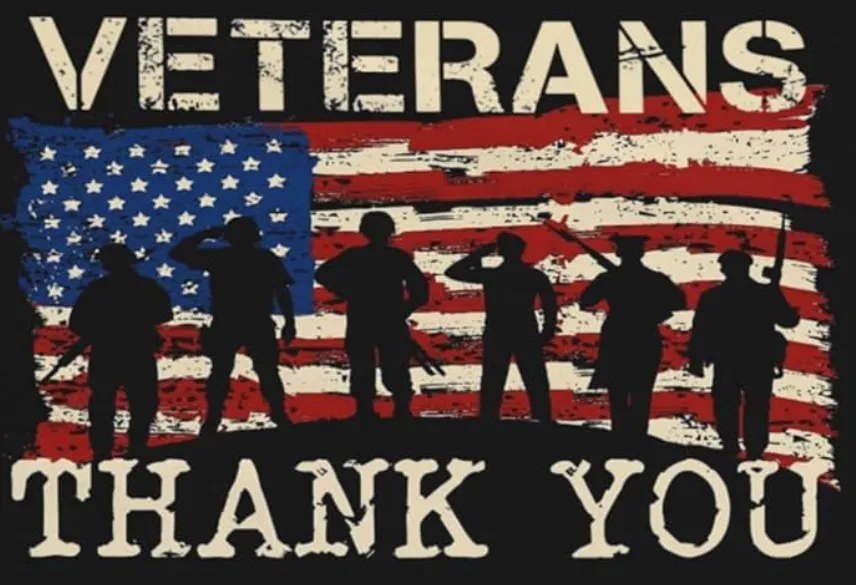
Florida VA Loan Questions for Homebuyers
VA - US Department of Veterans Affairs
Let's Explore Eligibility, Requirements and FAQ for a VA Home Loan in Florida
For Veterans, active service members, or military families, owning a home is often a significant goal. VA loans, specifically designed to assist the military community in achieving homeownership, serve as a token of gratitude for their service to the country. However, navigating these loans can sometimes be challenging and uncertain.
To assist you, we have compiled answers to common VA loan questions, whether you are purchasing your first home or considering a new mortgage. Our aim is to help you make the most of your VA home loan benefits.
Welcome Florida Veteran
Thank you for your Service
Florida Veterans VA Loans
For Veterans, active service members, or military families, owning a home is often a significant goal. The VA helps Veterans, Servicemembers, and eligible surviving spouses become homeowners.
See how much you can save with the lowest average interest rate when
compared to USDA, FHA, and Conventional Loans.
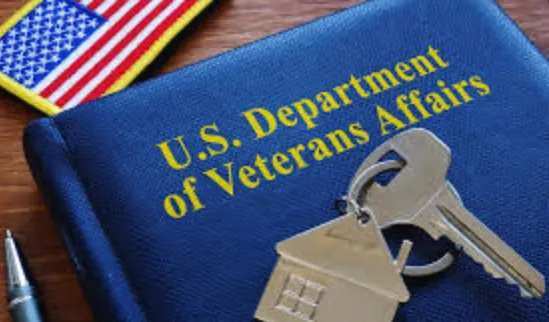

Eligibility FAQ's
Is it hard to get a VA Loan?
Obtaining a VA loan is not significantly more challenging than securing any other type of mortgage. Despite being a specialized mortgage product, the process is comparable to other mortgage types. In fact, VA loans can be easier to acquire due to their $0 down payment requirement, eliminating the need for a down payment of 3% or more.
Can I use my VA Loan Benefits more than once?
Once you earn the VA home loan benefit, it is yours for life. This is not a one-time lending option nor is it exclusively for first-time homebuyers. You can use these benefits repeatedly and even have more than one VA loan at the same time. Therefore, do not let anyone tell you that you are ineligible because you had a VA loan a decade ago.
What is a COE? and do I need a COE to obtain a VA Loan?
You don't need to have your VA Certificate of Eligibility (COE) to begin the VA loan process. It's common for lenders to obtain this document for you later in the process. However, you can obtain a copy of your COE if you are concerned about your entitlement amount or prefer having proof of your benefit.
Using the VA's eBenefits portal is typically the quickest way to get your COE. However, don't let the absence of your COE prevent you from contacting us as we gladly help you with this process, and to start the prequalification and preapproval process.
Do you share with the Realtor that you plan on using a VA Loan?
You are not required to disclose to home sellers, that you are using a VA loan. However, it may be beneficial to do so, as VA loans offer specific advantages, such as no down payment and competitive interest rates, which can strengthen your offer. Ultimately, the choice to share this information is up to you.
Real estate contracts typically detail how the buyer is financing the property, whether it's through cash or a mortgage loan. Prospective buyers using a home loan will usually need to specify the loan type. Some sellers may hesitate to consider VA offers due to myths and misconceptions about VA loans. To improve your chances, getting preapproved and working with a VA-savvy real estate agent are two key steps that can help.
VA Credit Requirement FAQ
Credit Score?
Should I check my credit before applying for a VA Loan? While it’s not mandatory to check your credit in Florida before applying, it is highly advisable. Your credit profile significantly impacts your ability to secure a Florida VA Home Loan and influences the rates and terms available to you. Reviewing your credit report allows you to identify and correct errors, such as accounts that aren’t yours or inaccuracies regarding late payments. According to the U.S. Public Interest Research Group, about a quarter of all credit reports contain errors serious enough to derail a home loan. Taking the time to examine your credit report can help you avoid these potential pitfalls and improve your chances of obtaining favorable loan terms.
What is a Hard credit pull and will it hurt my credit to shop
It's true that a "hard inquiry" on your credit can cause your score to dip a few points, but it doesn't happen every time. Multiple mortgage inquiries made within a short period will generally not hurt your credit score significantly. Credit scoring models, such as FICO, recognize that consumers may shop around for the best mortgage rates. Therefore, they treat multiple inquiries for the same type of loan as a single inquiry, provided they occur within a specified timeframe, typically 14 to 45 days. This approach minimizes the impact on your credit score, allowing you to compare loan offers without worrying about damaging your credit. However, it's important to manage the timing of these inquiries to ensure they fall within the allowed period.
Why does Credit Karma and other credit monitoring services have a different credit score?
Credit monitoring services and bank credit reports often show different credit scores due to the distinct scoring models they use. Credit monitoring services typically provide a "consumer" score, such as the VantageScore, which is designed for general use by consumers. In contrast, banks and mortgage lenders use FICO scores, specifically tailored for lending purposes. These FICO scores incorporate a variety of factors and weighting formulas unique to mortgage lending, which are not reflected in consumer scores. As a result, the credit score you see from a monitoring service may differ significantly from the score a bank or lender pulls when evaluating your mortgage application.

Employment and Income FAQ
Can I change my Job while getting a VA Loan
If you change jobs during the mortgage process, it can complicate or even halt your VA loan application. Lenders require stable and reliable income streams that are likely to continue, and a job or career change can disrupt this stability. Additionally, lenders need your credit profile and assets to remain steady throughout the underwriting process. Making significant purchases, such as charging a lot of furniture to a credit card or buying a car or boat, can raise red flags and potentially stop your loan from closing. To avoid these issues, it's crucial to maintain financial and employment stability until your loan is finalized.
Special Requirements for a Self-Employed VA Loan
Yes, there are special requirements if you're self-employed. Self-employed Veterans typically need to provide at least two years of tax returns to document their income for a VA lender. This requirement stems from the nature of self-employment, which can be less stable and reliable than traditional employment. Additionally, if you work for a family-owned business or are employed by a family member, you will likely need to provide two years of tax returns as well. Lenders need to see a consistent, sustained pattern of income over time, especially given the potential conflict of interest in family employment situations.
I have a employment gap is this a problem?
Ideally, lenders prefer to see at least two years of continuous employment. However, this may not always be possible, especially for Veterans who have recently separated from the military. While it's possible to secure financing with less than two years of employment, it will require a closer examination by your loan specialist.
Lenders look for continuity between your previous work, education, Military Occupational Specialty (MOS), or experience and your current employment. If there was a gap of unemployment, you might need to wait until you have been back to work for a certain number of months. The required duration of continuous employment often varies by lender and usually corresponds to the length of the job gap, talk to us about it.
Can I get a VA loan with late debt payments?
The requirements for a VA loan stipulate that applicants cannot have more than one late debt payment on a single account within the past 12 months. Therefore, if you missed a payment four months ago, you would need to make another eight consecutive months of on-time payments before being eligible to pursue a Florida VA home loan. There are lenders that allow up to one 30-day late payment in the previous 12 months for VA purchase loans.
Child support can I count it as income?
You may be able to count any child support you receive as effective income, but it will likely need to meet certain lender requirements. Generally, lenders want to see a sustained pattern of receiving child support and a likelihood that it will continue for at least a few years after the loan closes. Typically, you need to have been receiving child support for at least three months, if not longer. Conversely, if you pay child support, that expense will be included in your debt-to-income ratio and residual income calculations.
What is DTI Ratio (Debt to Income)?
The VA loan program requires borrowers to have a debt-to-income (DTI) ratio of 41 percent or less. This ratio measures your monthly debt payments relative to your gross monthly income. Lenders use this ratio to determine your ability to manage monthly payments and repay the loan. When calculating the DTI, lenders include the anticipated monthly mortgage payment, along with taxes and homeowners insurance. If your DTI ratio exceeds the 41 percent threshold, you might need to consider seeking a lower loan amount or finding additional income sources. Adjusting these factors can help you meet the required DTI ratio, ensuring a smoother loan approval process.
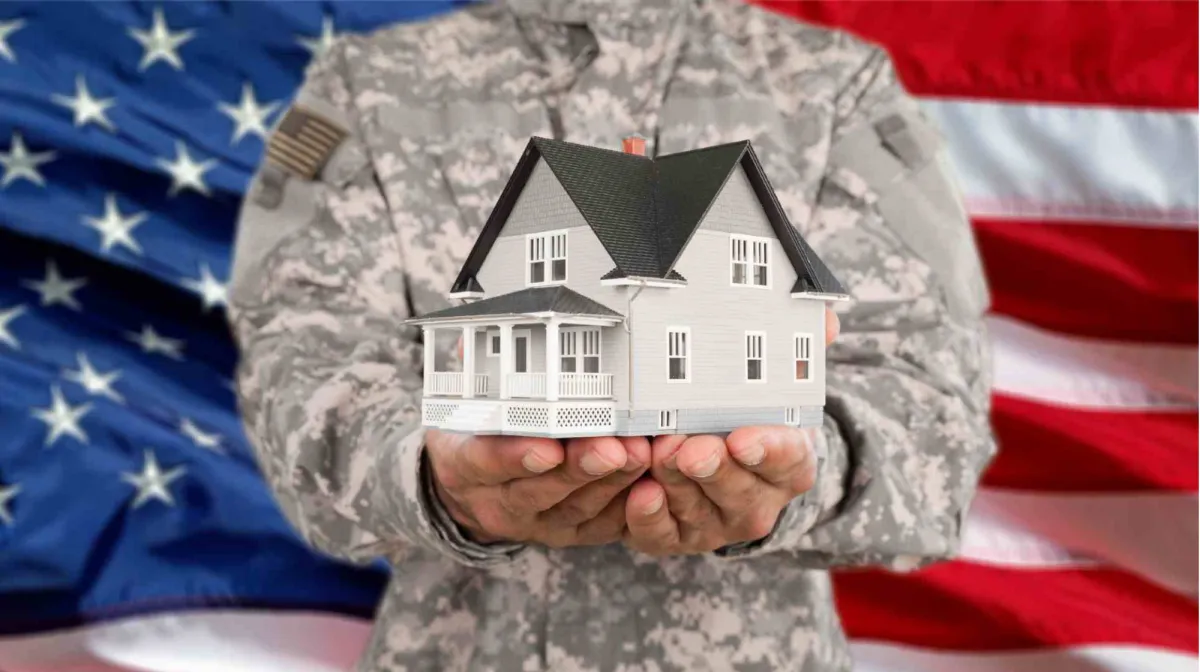
VA Loan Property FAQs
Can I buy a second home or rental home with a VA loan?
Purchasing a second home solely for use as a vacation home or investment property is not permitted with a VA loan. However, VA loan rules do allow for owning two homes under specific circumstances. If your first home is fully paid off, you can retain it while applying for a one-time restoration of VA entitlement to purchase a second home. Alternatively, if your first home still has an outstanding mortgage and you wish to retain ownership, your eligibility for a VA loan on a second property hinges on the remaining VA loan entitlement you have available and adherence to VA loan limits. Let us help you walk through these guidelines to ensures you can make informed decisions regarding their home ownership goals.
Building a Home in Florida with VA Home Loan
While the VA loan can be used for new construction, finding a VA lender willing to finance the home's construction upfront can be challenging due to the risks involved in homebuilding. Typically, the more common approach involves obtaining a short-term construction loan from a homebuilder or another financial institution to fund the construction phase. Once the home is completed, this short-term loan is then refinanced into a VA loan through a process known as a construction-to-permanent refinance. Therefore, instead of focusing on finding VA lenders willing to fund construction, it may be more effective to begin your search by identifying the right builder for your project. This approach ensures a smoother transition from construction financing to permanent VA loan financing.
Does the VA Loan Home have to be my Primary Home?
The VA loan program requires the property to be occupied as a primary residence because it is designed for this purpose. Typically, you are expected to move into the property within 60 days of closing. In situations where military members are deployed or unavailable, their spouse can fulfill the occupancy requirement, facilitating home purchases during active service.
However, this requirement can pose challenges for married couples who may need one spouse to stay elsewhere, or for military contractors who spend extended periods abroad. If you anticipate any occupancy issues due to these circumstances, it's crucial to discuss them with your loan specialist early in the process. They can provide guidance and ensure that your specific situation is addressed appropriately within the guidelines of the VA loan program.
What are the Benefits of a Home Inspection?
A home inspection offers several benefits when purchasing a property. Firstly, it provides a detailed assessment of the home's condition, identifying potential issues with its structure, systems, and components. This information allows buyers to make informed decisions about the property and negotiate repairs or adjustments with the seller. A thorough inspection can also uncover safety hazards or code violations that may not be immediately apparent, ensuring the home meets safety standards. Additionally, a home inspection provides peace of mind, allowing buyers to move forward confidently with their purchase knowing the true condition of the property. Overall, investing in a professional home inspection is a critical step in the home buying process to protect your investment and ensure the property meets your expectations.
VA Loan Cost FAQs
Do I have to make a Down Payment?
In most cases, no down payment is required for a VA loan. One of the key benefits of a VA loan is that it allows eligible Veterans, active duty service members, and certain qualifying spouses to finance up to 100% of the home's purchase price without needing a down payment. This feature can significantly reduce the upfront costs associated with buying a home in Florida, making homeownership more accessible for those who qualify under the VA loan program. However, there may be certain exceptions or additional requirements depending on individual circumstances or lender policies, so it's advisable to discuss specific details with a VA-approved lender.
Can the Seller help pay for Closing Costs?
Yes, the seller can pay all of your closing costs for a VA loan, up to a certain limit. According to VA guidelines, the seller can contribute towards your closing costs, including prepaid taxes and insurance, title expenses, and other costs. The amount the seller can contribute depends on the type of property and the amount of your down payment (if any). Typically, the seller can contribute up to 4% of the purchase price towards your closing costs and prepaid expenses. This can be a significant benefit for VA borrowers, as it helps reduce the upfront costs associated with buying a home. However, it's important to note that any contribution by the seller must be disclosed and agreed upon in the purchase contract.
General Mortgage FAQs
What is a Pre-Approval Letter?
A preapproval letter is a document issued by a lender that confirms a borrower's ability to qualify for a mortgage loan up to a specified amount. To obtain a preapproval letter, the lender typically reviews the borrower's credit history, income, employment status, and other financial information. This process helps determine the maximum loan amount the borrower can afford based on their financial profile. Having a preapproval letter demonstrates to sellers that you are a serious buyer who is financially capable of purchasing a home. It can strengthen your offer when making an offer on a home, as sellers are more likely to consider offers from buyers who have already been preapproved for a mortgage.
What is a "no-closing cost" Loan?
A "no closing cost" loan is a mortgage option where the borrower does not pay the typical closing costs associated with obtaining a home loan. These closing costs usually include fees for services such as appraisal, title insurance, loan origination, and prepaid items like property taxes and insurance.
In a no closing cost loan:
- The lender may cover the closing costs in exchange for a slightly higher interest rate on the loan.
- Alternatively, the closing costs can be rolled into the loan amount, increasing the overall principal amount borrowed.
- Sometimes, the seller may agree to contribute towards the buyer's closing costs, depending on the terms of the purchase agreement.
Overall, opting for a no closing cost loan can help reduce the upfront cash needed to purchase a home, but it's essential to weigh the pros and cons, including potential long-term costs from a higher interest rate or increased loan principal.
What are Real State Contract Contingencies?
Real estate contract contingencies are conditions that must be met for a real estate transaction to proceed smoothly. These contingencies provide protections for both buyers and sellers, ensuring that certain conditions are satisfied before the sale becomes final. Common contingencies include:
1. Financing Contingency: The buyer's ability to secure a mortgage loan within a specified timeframe.
2. Appraisal Contingency: The property must appraise for at least the purchase price to secure financing.
3. Home Inspection Contingency: The buyer's right to have a professional home inspection and negotiate repairs or credits based on the findings.
4. Sale of Another Property Contingency: The buyer must sell their current home before being able to purchase the new property.
5. Title Contingency: Clear title to the property must be confirmed, ensuring there are no ownership disputes or liens.
These contingencies protect both parties by allowing the contract to be canceled or modified without penalty if the specified conditions are not met within the agreed-upon timeframe. They are crucial in ensuring a fair and transparent real estate transaction process.
What is a Notice of Value (NOV)?
In the context of a VA loan, "Notice of Value" (NOV) refers to the document issued by the Department of Veterans Affairs (VA) that establishes the property's appraised value. The Notice of Value is generated after a VA-approved appraiser conducts a thorough assessment of the property to determine its fair market value.
Key aspects of the Notice of Value include:
1. Appraised Value: The estimated market value of the property based on the appraiser's evaluation.
2. Condition Requirements: Any conditions or repairs that must be addressed before the loan can proceed, known as Minimum Property Requirements (MPRs).
3. Eligibility Confirmation: Confirmation that the property meets VA loan eligibility criteria, such as occupancy requirements and property type.
The Notice of Value plays a crucial role in the VA loan process, as it helps ensure that the property meets VA standards and that the loan amount does not exceed the property's appraised value. It provides valuable information for both the lender and the borrower, guiding the finalization of the loan approval and closing process.
Request a VA home loan Certificate of Eligibility (COE)
Request for a Certificate of Eligibility (VA Form 26-1880)
Can I use a COE I used before?
You may be able to “restore” an entitlement you used in the past to buy another home with a VA direct or VA-backed loan if you meet at least 1 of these requirements.
At least 1 of these must be true:
You’ve sold the home you bought with the prior loan and have paid that loan in full, or
A qualified Veteran-transferee agrees to assume your loan and substitute their entitlement for the same amount of entitlement you used originally, or
You’ve repaid your prior loan in full, but haven’t sold the home you bought with that loan (you can only do this 1time)
To request an entitlement restoration, fill out a Request for a Certificate of Eligibility (VA Form 26-1880) and send it to the VA regional loan center for your state.
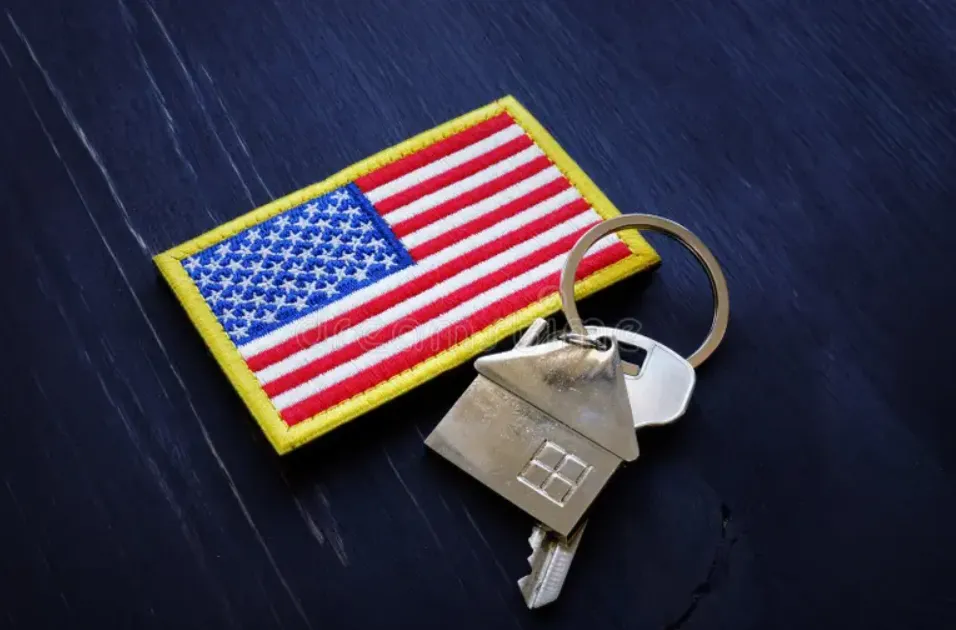
What if I have questions about my Florida VA Loan eligibility?
If you have any questions about your eligibility for a Florida VA home loan, please
call (863) 225-1125
or
The Wholesale Mortgage Firm is a premier mortgage broker providing residential home loans, real estate investment loans, commercial property loans and home equity loans to people throughout central Florida. We help people get affordable wholesale mortgage rates that close fast and save money! As a premier partner to a variety lenders we have many loan options to offer home buyers and real estate investors in all of Florida. Our home loan application process is streamlined and simple, allowing borrowers seeking a mortgage in Florida to close on their home or investment fast and on-time! From first time home buyers, up-sizers, empty nesters refinancing, military veterans, and astute real estate investors growing their real estate portfolios –Our Florida mortgage broker firm has over 12 years experience in the business of real estate and mortgages and will help guide and advise you throughout the entire mortgage & loan process. If you’re looking for a quality, affordable and wholesale mortgage from a company who delivers exceptional customer service and results – then contact the Wholesale Mortgage Firm today!
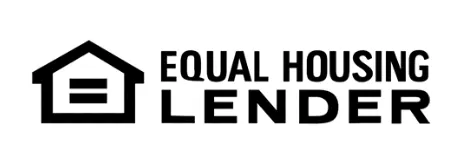
The Wholesale Mortgage Firm LLC is an Equal Housing Opportunity Lender – This Site is Used for Advertising & Information Purposes
© 2024 The Wholesale Mortgage Firm LLC | All rights reserved
909 E. Parker St. Lakeland, FL 33801
NMLS: 2385938
